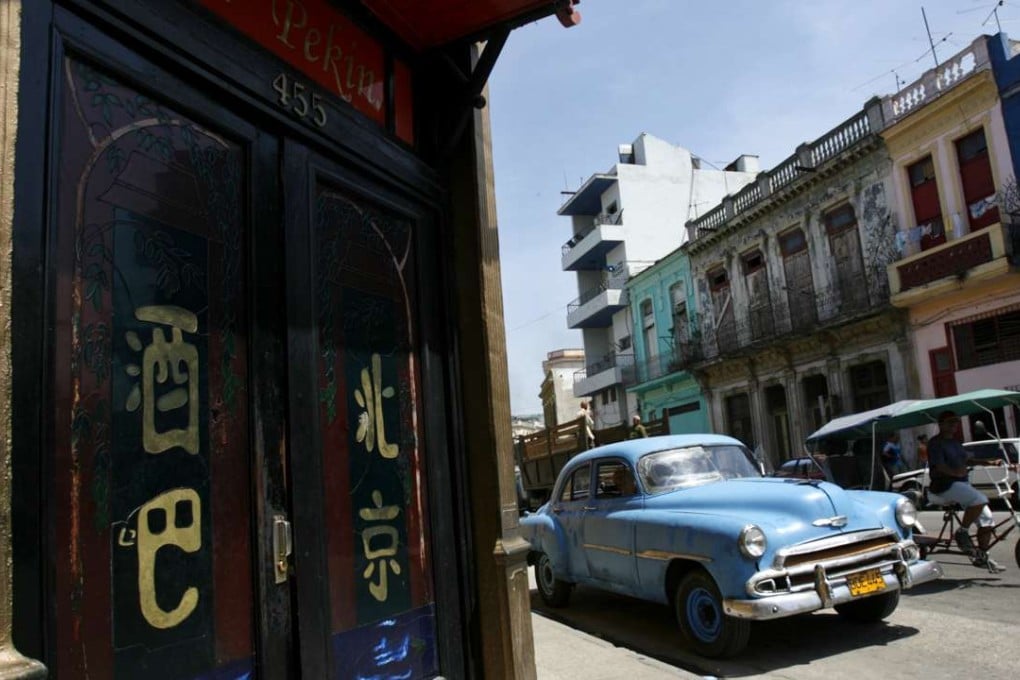Lost in Cuba: China’s ‘forgotten diaspora’
As China’s premier heads to Cuba for landmark visit, an overlooked community hopes they too can benefit from new era of Chinese influence

Choy Chao Wong was just a boy when his family turned their backs on a newly communist China to pursue a better, more prosperous life in the New World.
It was the early 1950s and his family, from Kaping, Guangdong province, had fled the country following Mao Zedong’s declaration of the People’s Republic, to settle briefly in Hong Kong – then still a British colony – before setting their sights on a new start in what was then the world’s No 1 sugar producing country: Cuba.
My journey: Heading to Cuba from Hong Kong as a teenager
Little could the 13-year-old Choy have realised as he boarded the plane at Kai Tak airport he would be substituting one communist revolution for another.
“When I was on board, I thought I would be returning [to Hong Kong] soon,” Choy, now 78, recalls. “But I was never able to go back.”

Choy is among the 111 first-generation Chinese migrants who remain in Cuba out of the tens of thousands who moved here before Fidel Castro’s ascension to power in 1959. It is a largely forgotten diaspora, one that is even now struggling to find its place, caught between nostalgia for its pre-Castro heyday and the promise of a new era of Chinese influence.